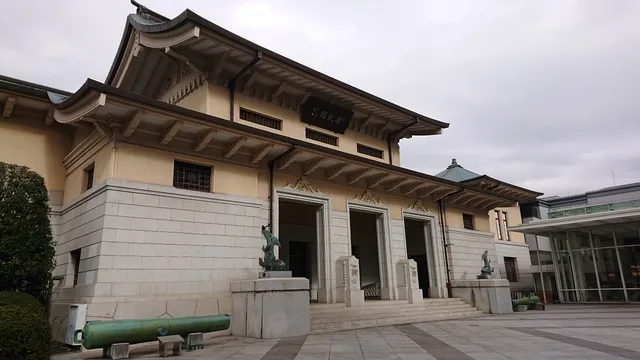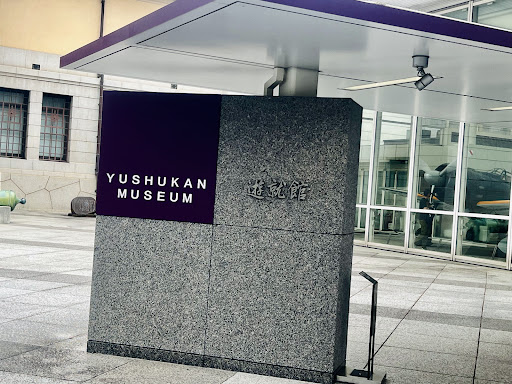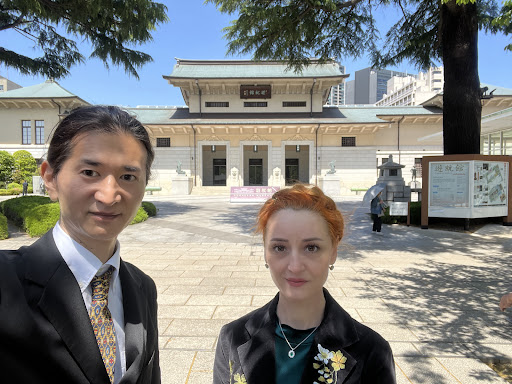Yushukan Museum things to do, attractions, restaurants, events info and trip planning
Basic Info
Yushukan Museum
Japan, 〒102-8246 Tokyo, Chiyoda City, Kudankita, 3 Chome−1−1 靖國神社
4.5(1.5K)
Open until 4:30 PM

tickets
Save
spot
spot
Ratings & Description
Info
The Yūshūkan is a Japanese military and war museum located within Yasukuni Shrine in Chiyoda, Tokyo.
Cultural
Accessibility
attractions: Yasukuni-jinja Shrine, ソメイヨシノの標本木(東京), Statue of Special Attack Squad Braves, Yasukuni Kaikan, Shinchi Gardens, Nippon Budokan, Tokyo Daijingu, Chidorigafuchi Moat, Kudanzaka Park, Mizuma Art Gallery, restaurants: Saryo Yui Yasukuni Shrine store, Yasukuni Yachiyo Shokudo, FACTORY, atticroom YASUKUNI GAIEN, 天鴻餃子房 九段店, アジアンダイニング カーン, Indian Restaurant Mumbai Kudan, Shanghai-tei Kudan Minami, Kudan Plaisir, L'Abeille, local businesses: Sanctuary, Chōzuya, Embassy of India, Yasuni Shrine - the First Torii, Yasukuni Jinja Seisentei, UTSUWA HANADA, Hatsunemori Shrine Gishikiden, TOKYO SUNFLOWER IIDABASHI, Museu Senshu Bunko, Maedakensetsukogyo Honten
 Learn more insights from Wanderboat AI.
Learn more insights from Wanderboat AI.Phone
+81 3-3261-8326
Website
yasukuni.or.jp
Open hoursSee all hours
Sun12 AM - 4:30 PMOpen
Plan your stay

Pet-friendly Hotels in Tokyo
Find a cozy hotel nearby and make it a full experience.

Affordable Hotels in Tokyo
Find a cozy hotel nearby and make it a full experience.
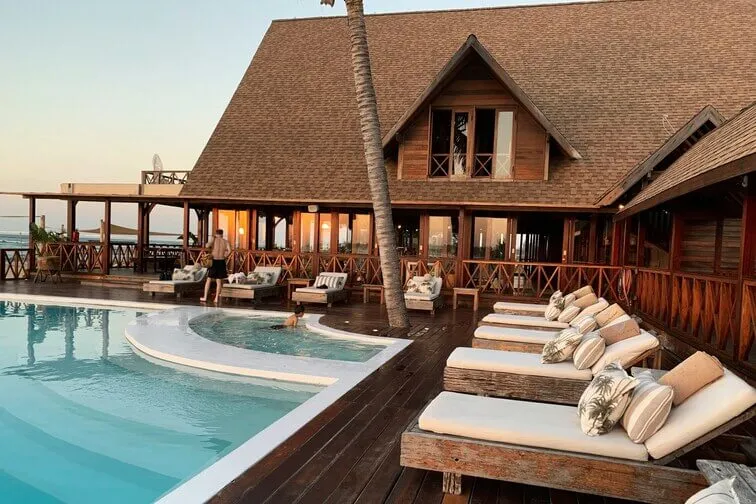
The Coolest Hotels You Haven't Heard Of (Yet)
Find a cozy hotel nearby and make it a full experience.

Trending Stays Worth the Hype in Tokyo
Find a cozy hotel nearby and make it a full experience.
Reviews
Live events
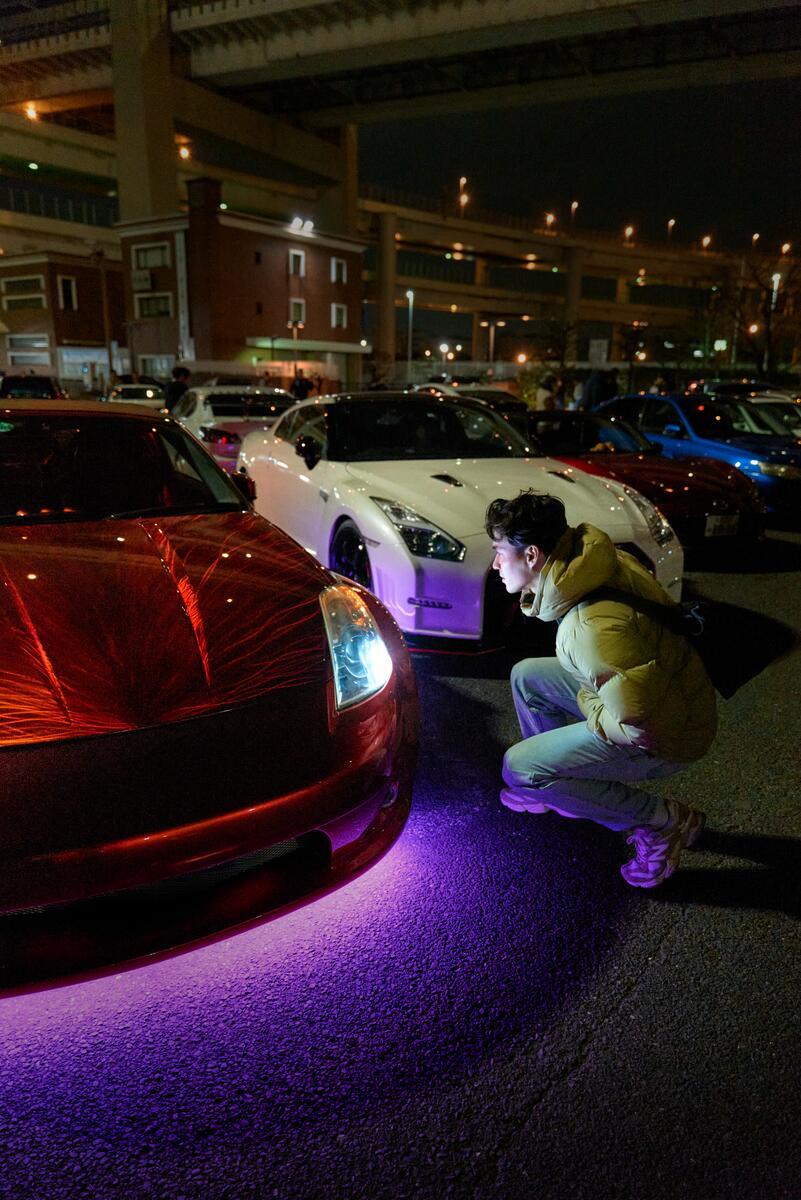
Drive Tokyo’s car culture in a Nissan Skyline
Mon, Feb 23 • 8:30 PM
150-0047, Tokyo Prefecture, Shibuya, Japan
View details
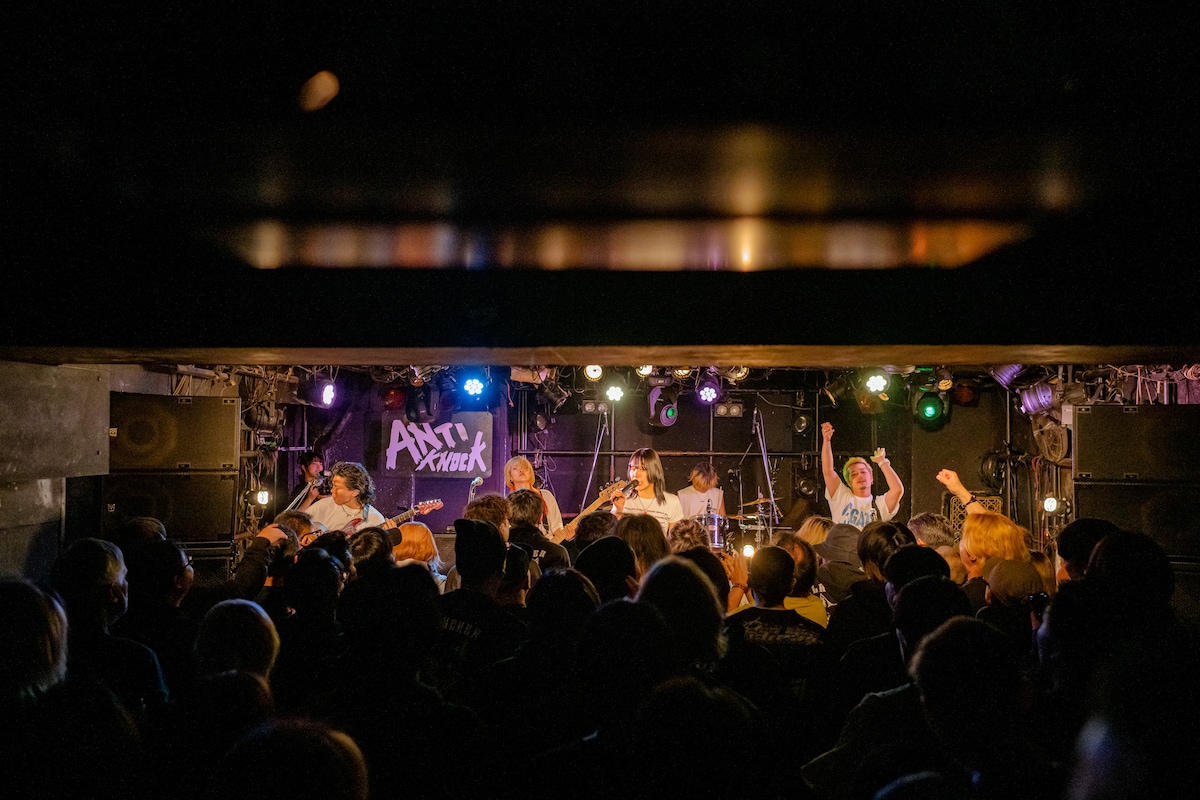
Explore Tokyo’s music scene with an insider
Sun, Feb 22 • 4:00 PM
150-0043, Tokyo Prefecture, Shibuya, Japan
View details

الإفطار العربي التشاركي 1447هـ
Sun, Feb 22 • 4:00 PM
Toshima, 5 Chome−4-4 1F Kita City, Tokyo 114-0003
View details
Nearby attractions of Yushukan Museum
Yasukuni-jinja Shrine
ソメイヨシノの標本木(東京)
Statue of Special Attack Squad Braves
Yasukuni Kaikan
Shinchi Gardens
Nippon Budokan
Tokyo Daijingu
Chidorigafuchi Moat
Kudanzaka Park
Mizuma Art Gallery
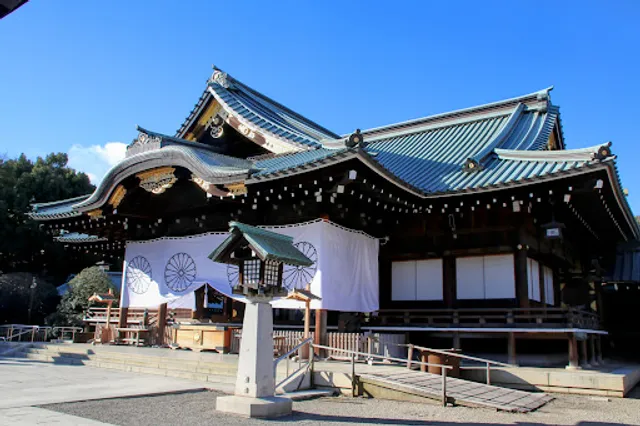
Yasukuni-jinja Shrine
4.4
(7.6K)
Closed
Click for details
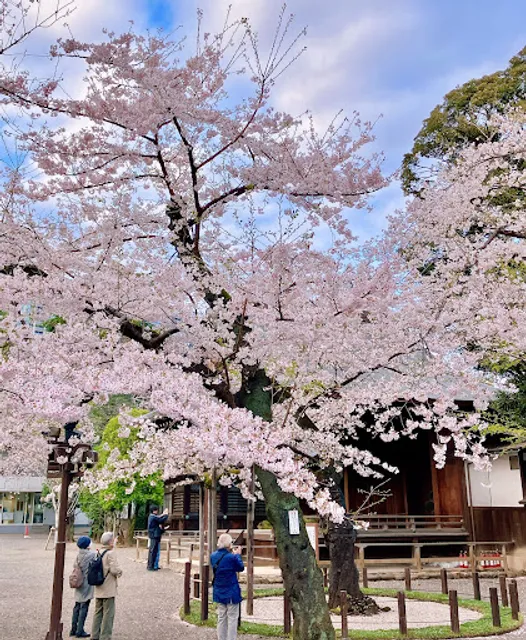
ソメイヨシノの標本木(東京)
4.5
(67)
Open 24 hours
Click for details
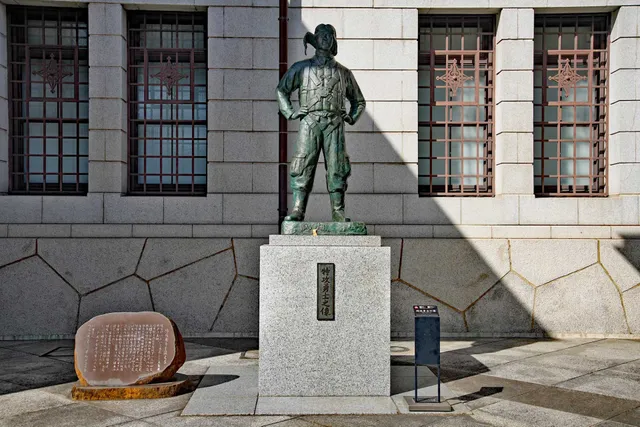
Statue of Special Attack Squad Braves
4.6
(27)
Closed
Click for details
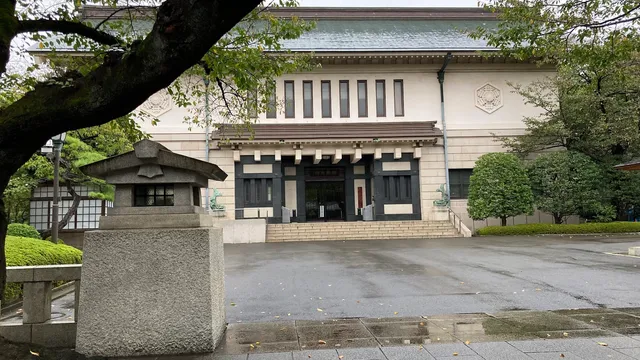
Yasukuni Kaikan
4.1
(47)
Closed
Click for details
Nearby restaurants of Yushukan Museum
Saryo Yui Yasukuni Shrine store
Yasukuni Yachiyo Shokudo
FACTORY
atticroom YASUKUNI GAIEN
天鴻餃子房 九段店
アジアンダイニング カーン
Indian Restaurant Mumbai Kudan
Shanghai-tei Kudan Minami
Kudan Plaisir
L'Abeille
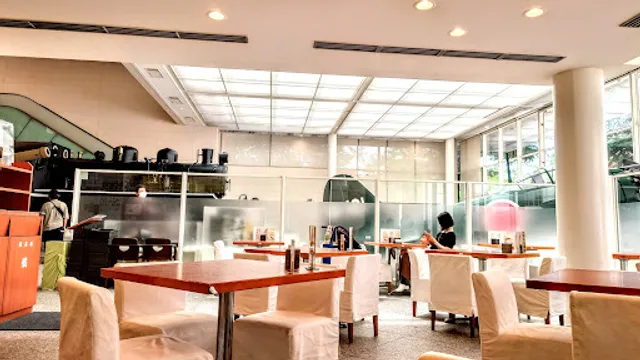
Saryo Yui Yasukuni Shrine store
4.2
(103)
Closed
Click for details
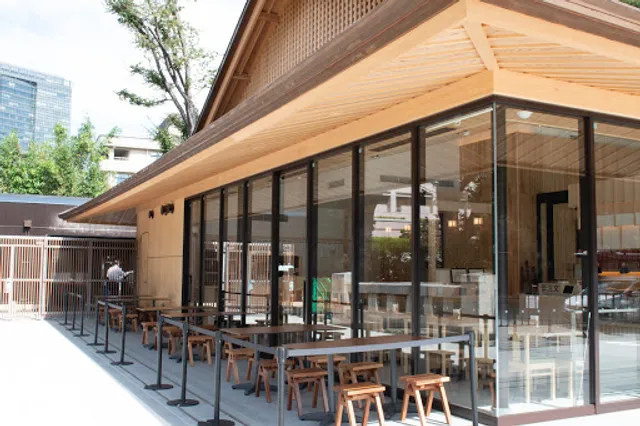
Yasukuni Yachiyo Shokudo
4.0
(264)
Closed
Click for details
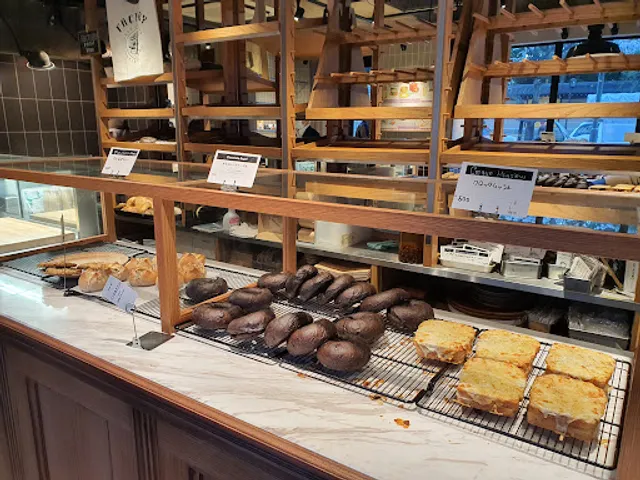
FACTORY
4.1
(321)
Closed
Click for details
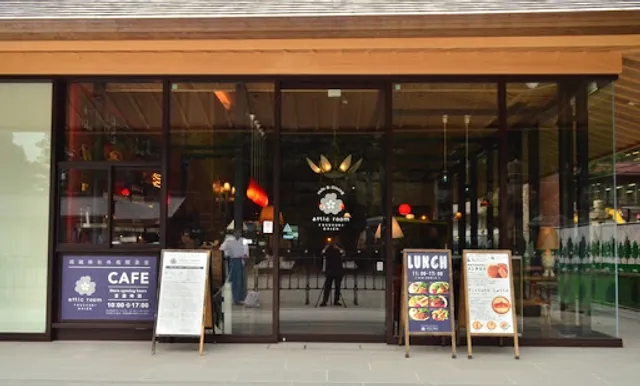
atticroom YASUKUNI GAIEN
4.1
(155)
Closed
Click for details
Nearby local services of Yushukan Museum
Sanctuary
Chōzuya
Embassy of India
Yasuni Shrine - the First Torii
Yasukuni Jinja Seisentei
UTSUWA HANADA
Hatsunemori Shrine Gishikiden
TOKYO SUNFLOWER IIDABASHI
Museu Senshu Bunko
Maedakensetsukogyo Honten
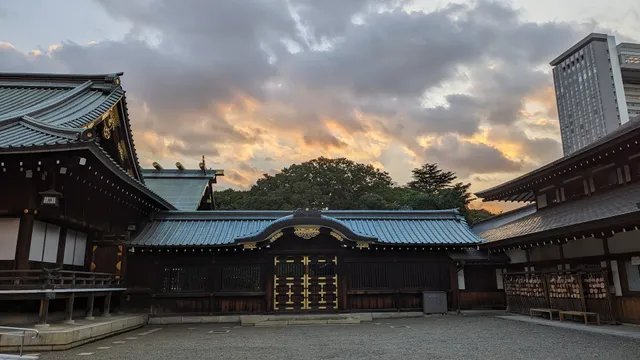
Sanctuary
4.6
(77)
Click for details
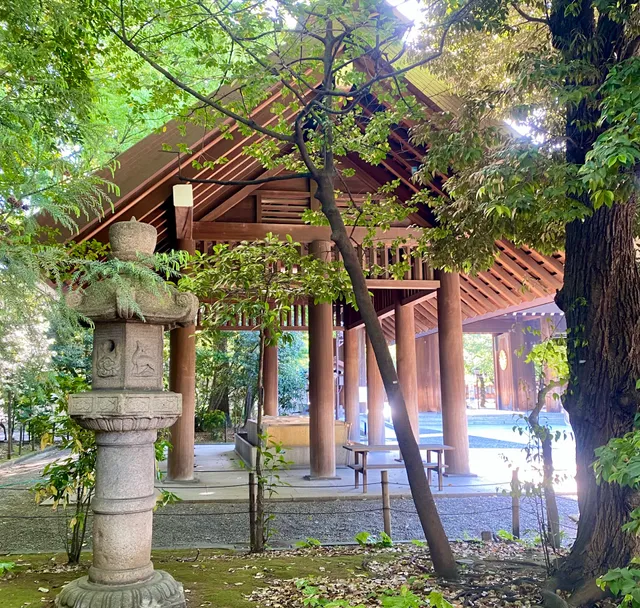
Chōzuya
4.4
(15)
Click for details
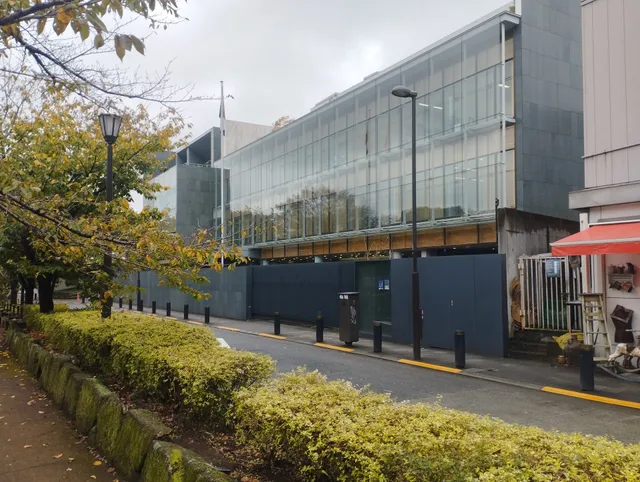
Embassy of India
3.5
(222)
Click for details
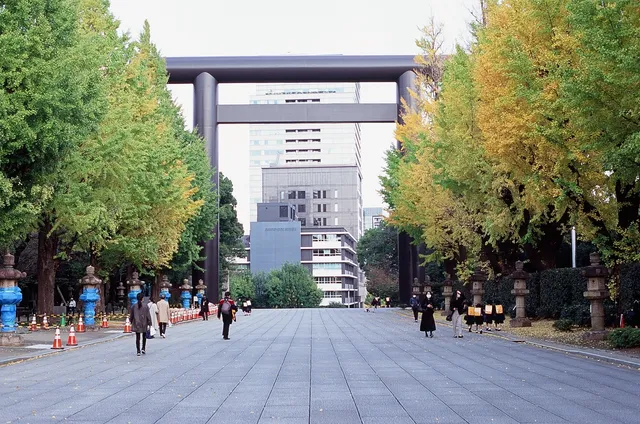
Yasuni Shrine - the First Torii
4.5
(269)
Click for details
